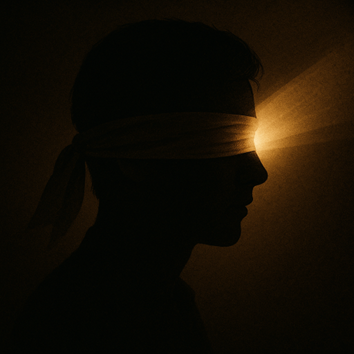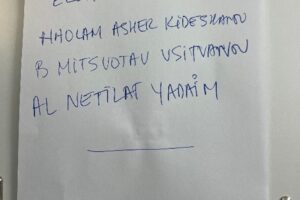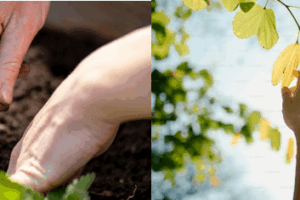Eyes closed, hearts awake—
On Yom Kippur, do not fast
from seeing the truth.
I celebrated Sukkot this year in downtown Miami, on a rooftop open to the sky. I felt deep excitement to be celebrating in such a glorious setting, surrounded by friends and a vibrant community. Jordan, our community catalyst, who blends the wisdom of an owl with the tenderness of a teddy bear, gathered us in joy.
I sat between Daniel and Sheldon, friends from my morning minyan. It had been a while since we’d seen each other. I asked a mundane question:
“How were your holidays?”, but for Jews today, nothing feels mundane anymore.
They replied, “We’re from Manchester, UK” and I sensed a sudden shift from light to solemn. One of their friends had been murdered in a terrorist attack at a synagogue on Yom Kippur; another, Andrew, was stabbed and fighting for his life. Andrew, they said, was a kind soul who volunteered as a synagogue guard not out of duty, but love.
After our conversation, I shared an email exchange I’d had with my friend George in the UK. When I wrote to him on Yom Kippur about the attack, his reply stunned me:
“Andy, Chatima tova. First Jew killed for being a Jew in over 30 years in the UK—so not quite as bad as my Israeli friends would like to portray it.”
I was dumbfounded. How could such horror be minimized rather than seen as a spiritual alarm bell?
Then, 5,000 miles away in Brookline, Massachusetts, a Harvard Law School professor fired a pellet gun near a synagogue on Yom Kippur, shattering a car window only steps from worshippers. Police pursued him as he resisted arrest. His explanation? “I was only shooting rats.”
To anyone who knows history, calling Jews “rats” near a synagogue on Yom Kippur is no innocent misunderstanding. Given Harvard’s report on institutional antisemitism and a president’s testimony that “calls for the genocide of Jews” could be justified “depending on the context”, this episode reads less like coincidence than compliance.
I read in the Harvard Crimson article, “Pellet Gun Incident Involving HLS Prof. Apparently Not Motivated by Antisemitism, Brookline Synagogue Leaders Say,” that the local synagogue leader stated, “From what we were initially told by police, the individual was unaware that he lived next to, and was shooting his BB gun next to, a synagogue or that it was a religious holiday.”
Once again, I was dumbfounded. The response—measured, perhaps well-intentioned—felt emblematic of our times, where analysis often replaces compassion. It failed to grasp the gravity of what had occurred: a Harvard Law professor firing near a synagogue on Yom Kippur, claiming to shoot rats. A Harvard student told me she and her Jewish classmates live in fear—harassed simply for being Jewish. How could someone be blinded by eyes that do not see?
On Yom Kippur we are commanded to fast, to afflict the body and awaken the soul. But nowhere are we told to be blind. We are taught to endure hunger, not to close our eyes. Yet many have grown indifferent to the surge of antisemitism in our society.
In just the past year:
• A “Free Palestine” terrorist murdered a man at a wedding in New Hampshire.
• A Jewish woman and her fiancé were shot at the Jewish Museum near the U.S. Capitol.
• An arsonist torched the home of Pennsylvania’s Jewish governor on the first night of Passover.
• A Holocaust survivor was burned alive in Boulder, Colorado.
• An elderly Jewish man was beaten to death in California.
Across campuses and even Congress, chants of “Globalize the Intifada” and claims that “calling for the genocide of Jews can be justified” echo as Jewish students are harassed. This is not random, it is a pattern.
I’m reminded of a story about Sherlock Holmes and Dr. Watson. While camping, Holmes asked, “What do you notice?” Watson replied, “The wind has shifted, the dew point has risen, the constellations are visible.” Holmes smiled. “I notice that someone stole our tent.” This is us. We analyze and contextualize while the tent of Jewish safety is being stolen above our heads.
The Torah warns us to “remember” and “not forget”. To keep our eyes open. In Deuteronomy 32, the portion Ha’azinu, Moses sings:
“Give ear, O heavens, and I will speak; and let the earth hear the words of my mouth.” Later, God laments, “You neglected the Rock who bore you, and forgot the God who brought you forth.” (Deut. 32:18) Ha’azinu teaches that forgetting and blindness are intertwined; remembrance is an act of vision.
Apathy is the new evil. Doing nothing is the new harm. Complacent silence is the new blindness.
We do not need to be superhuman to be kind. Holiness begins with awareness, with seeing another’s need and choosing to act. On 9/11, Rick Rescorla, head of Morgan Stanley security, guided nearly 2,700 colleagues out of the South Tower, returning again and again until the building collapsed. During the Holocaust, Nicholas Winton and Oskar Schindler saved nearly 2,000 Jews. Not because they were extraordinary, but because they refused to close their eyes.
On October 7, 2023, amid unspeakable horror, countless Israelis showed that same sacred clarity. Farmer Oz Davidian drove into the line of fire to rescue 120 people. Shifra Buchris, a mother of ten, pulled victims to safety. Each saw clearly when others looked away.
It does not take perfection to do good; it takes perception. The act of seeing and responding.
Isaiah spoke of a people “who have eyes but do not see, who have ears but do not hear” (Isaiah 6:9). Our sages teach us that the first step of teshuvah(return) is not confession but recognition: the courage to see reality as it is. Awareness is the beginning of redemption.
One of my earliest memories of my mother was a freezing day in Allentown, Pennsylvania. I was five. She stopped the car in traffic, ran across the street, and chased down a hat blowing in the wind. She returned it to an elderly man who had lost it, then calmly got back in the car. That small act of kindness has stayed with me for decades. Holiness begins not in grand gestures, but in moments of awareness. Next time you can do something kind for a stranger, chase after that hat.
On Yom Kippur we close our mouths, but not our eyes. We must not be blind to hatred, nor to our duty to protect one another. The call is not to despair, but to vigilance.
Being a hero does not require heroics. Even a message, a “like,” or a kind word can be a form of light. Silence is more painful than a difficult conversation.
I return to my Sukkot dinner. After hearing Sheldon and Daniel share their loss, I asked, “Are you Manchester United fans?” Their faces lit up. When I mentioned that Patrice Evra is my friend, their smiles said everything.
Patrice Evra, the legendary French footballer who captained both Manchester United and France, earned over 80 caps, played in two World Cups, and became beloved for his passion and motto: “I love this game!” Yet he is an even more extraordinary human being than athlete. Each day, he seeks to lift others and make them smile, creating joy as his new way of scoring goals.
That morning, I messaged him: “Would you be a hero to my friends?” Within seconds, he recognized the signal. When I told him about Daniel and Sheldon’s connection to the Manchester attack, he immediately sent heartfelt video greetings:
“I believe in positiveness and never give up. I send you this message to make you smile and take care of yourself. Life is not always easy. Lots of love.”
In the midst of tragedy, Patrice found a way to shine light.
That same hope reminded me of Noah, who faced a world drowned in despair yet still looked upward. In Genesis 6–9, Noah built an ark to escape the flood. After the waters subsided, God promised the world would never again be destroyed by water, and the rainbow became the sign of that covenant. A bridge of light between heaven and earth. The Torah teaches that “the bow is seen in the clouds,” appearing only when storm and sunlight meet. According to the Midrash, God looked down and Noah looked up, and in that shared act of seeing, mercy replaced destruction. The rainbow reminds us that awareness itself can be sacred: to look beyond the storm and notice light through the clouds is to rediscover faith and hope in a still-healing world.
May Yom Kippur forever teach us not only how to fast, but how to see.
Andy, Sheldon, and Daniel at Succot in Miami, October 6th, 2025
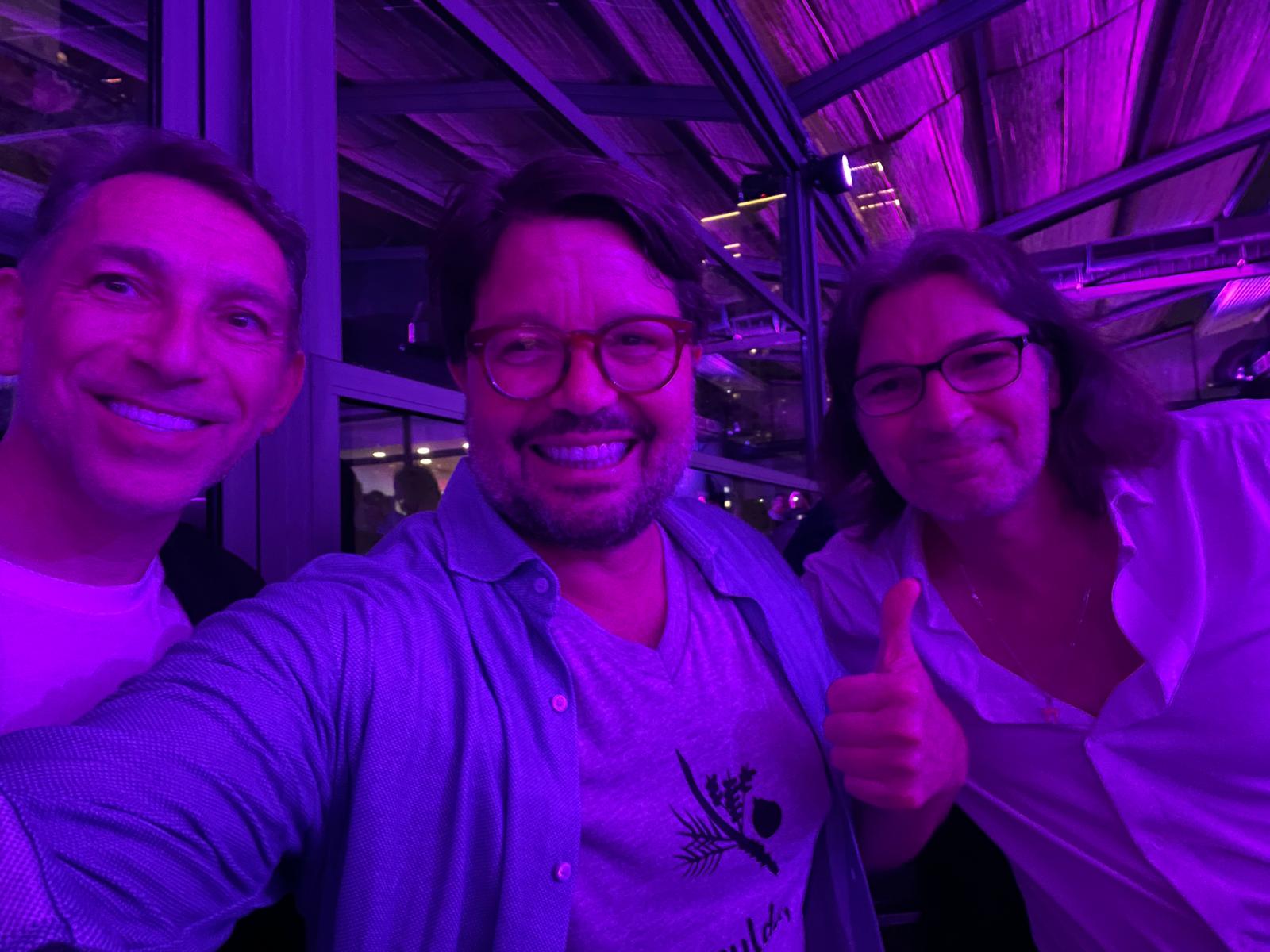
Enjoy a haiku inspired by this blog
Fasting clears the eyes—
heart open, hunger made sight,
light enters the soul.
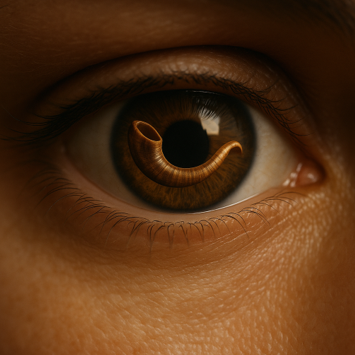
You can watch the videos Patrice Evra and Daniel recorded below:

